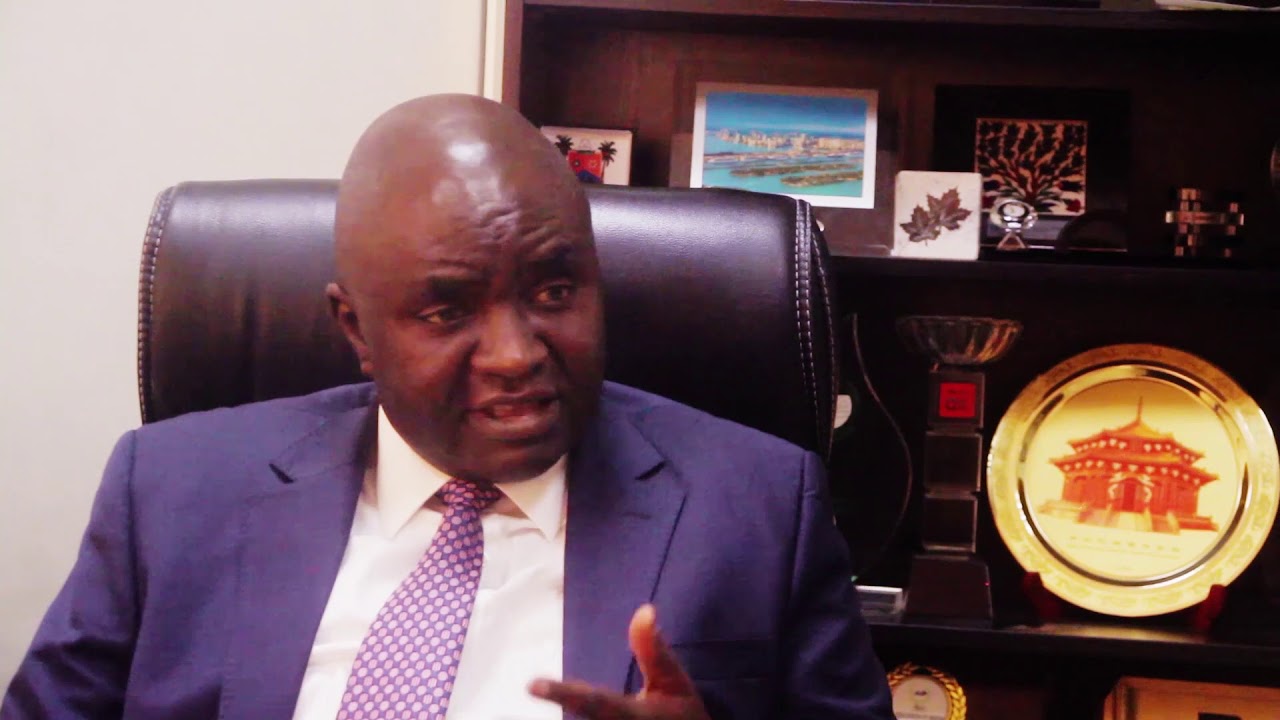Director-General of the Centre for the Promotion of Public Enterprise (CPPE), Dr. Muda Yusuf has argued that the aggressive interest rate policy by the Central Bank Nigeria (CBN) is stifling investment and affecting the capacity of the economy to grow.
The CBN had on Tuesday raised the MPR rate by 150 basis points to 26.25 per cent from 24.75 per cent. This is the third time in 2024 the apex bank is raising its rate, as it continues its hawkish policy to rein in inflation.
According to him, the consistent hikes in these instruments are affecting the capacity of businesses to grow, making it harder for the economy to develop.
“Yes, we appreciate what the CBN is trying to do but to the extent that we’re still seeing an uptick in inflation rate and challenges around exchange rate depreciation. All of these indicate the limitations of monetary policy instruments.
“Yes, some progress has been made, but when you compare the progress that has been made with the aggressiveness of monetary policy, then you can see that it is not quite proportionate.
“These things are affecting the capacity of the economy to grow. It is affecting entrepreneurs. It’s affecting their capacity to take risks,” he said.
READ ALSO: CBN releases fresh guidelines for BDCs, gives deadline
According to Yusuf, CBN should expedite the window of development finance for businesses to mitigate the effect of the high monetary policy rate in the country, noting that businesses need the single-digit interest rate to drive the Nigerian economy.
The CPPE boss in an interview believes these measures need to be mitigated with an opening of a development finance window to allow businesses to access single-digit loans from the bank.
“First of all, both the fiscal and monetary authorities need to quickly expand the development finance window. I am not advocating that we go back to the era of massive, unregulated intervention funding by the CBN.
“However, we have to move very quickly and very deliberately to open up the development finance window so that the real sector of the economy can have access to cheaper funds and funds that are of longer tenure. How on earth can anyone do business with an interest rate that is now around 30%? What is the return of the investment, especially at a time like this?
“This is suffocating investment, production. And we don’t want to chase inflation to the complete detriment of those who are trying to produce or invest in the economy.
“Investing in the economy is not just about investing in financial instruments. We need to worry about those who are producing on the ground, those who are creating the job.
“That’s why I think as we go with the monetary tightening, we need to create the development finance window so that businesses can have single-digit interest rates and longer tenure of funds,” Yusuf said.

 Entertainment5 days ago
Entertainment5 days ago
 Health1 week ago
Health1 week ago
 Health4 days ago
Health4 days ago
 Football1 week ago
Football1 week ago
 Football1 week ago
Football1 week ago
 Crime4 days ago
Crime4 days ago
 Crime1 week ago
Crime1 week ago
 Education6 days ago
Education6 days ago

